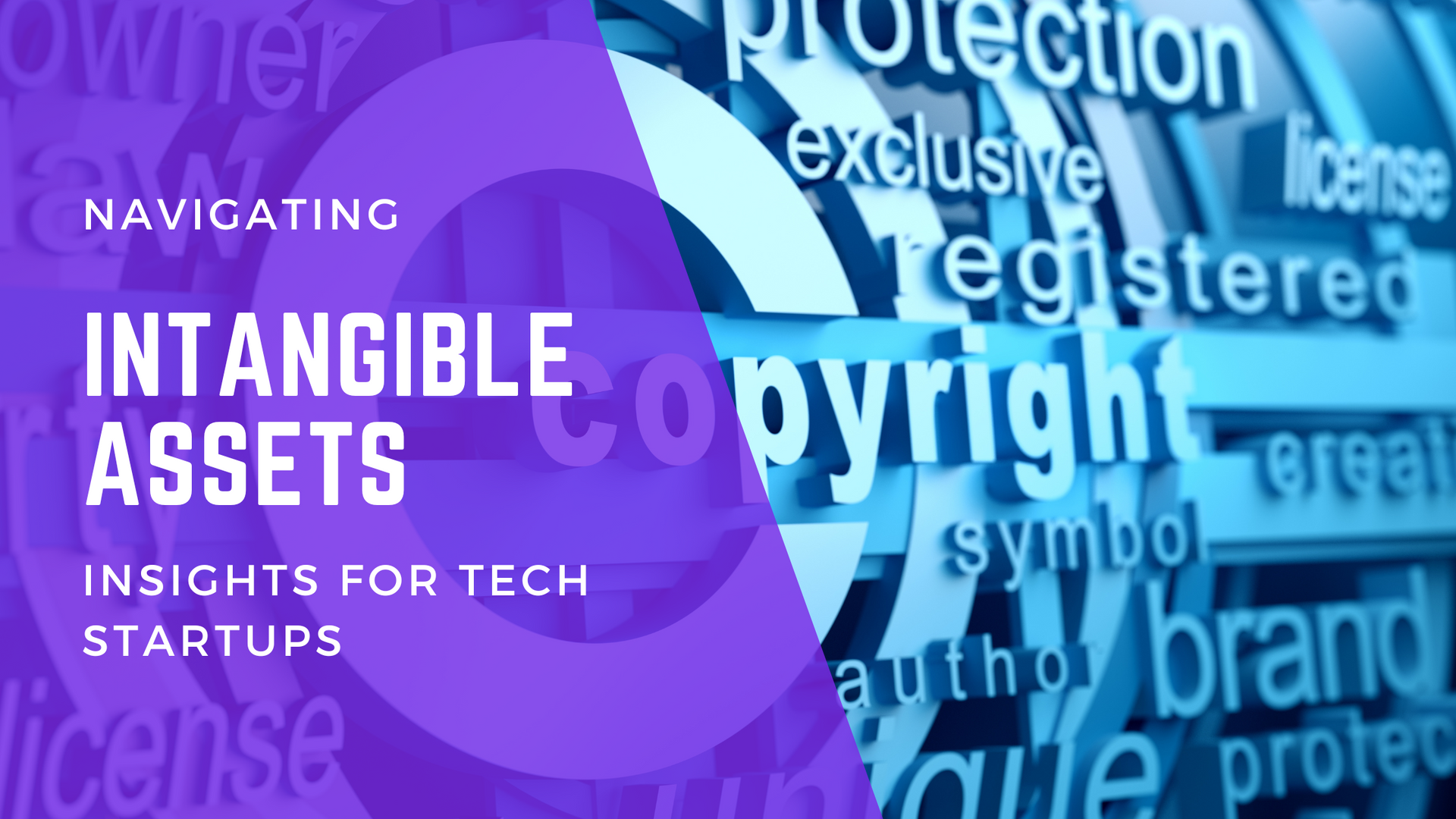Angel investors vs Venture capitalists – Understanding the differences
At On The Go Accountants, we are often asked about angel investors vs. venture capitalists, so we thought it would be helpful to explain the differences between these two types of funding.
What is an angel investor?
An angel investor is a private individual who invests their own funds into a startup, usually at an early stage. In addition to the money, they may also bring business experience and contacts. Often angel investors, also known as seed investors, are wealthy individuals who either have a passion for helping start-ups or they may simply be helping a family member or friend to get their product off the ground (or building their Minimum Viable Product) or can even be for tax breaks.
The amount of the investment is decided by the angel investor who will usually take shares in your startup in return for the invested funds. They may contribute advice and business acumen, but they aren’t responsible for growing your business.
An angel investor would probably be investing in a company via a crowdfunding platform or an angel syndicate network unless they are investing in a company referred by their friends or family.
What is venture capital?
A venture capitalist (VC) is usually a firm rather than an individual investor. Venture capital firms actively look for start-up businesses with high growth potential to invest in. The funding amounts are generally larger than those of an angel investor(s) and the venture capital firm is likely to want some influence over how your business is run.
Venture capital firms are comprised of professional investors and the money they invest comes from a wider variety of sources including corporations, high net worth individuals and private and public pension schemes.
As venture capital firms usually get more involved in your business strategy, management and growth, the percentage they take, in the form of shares, is often higher than angel investors. When the time comes for the venture capital firm to sell their shares, they can either sell them back to the owners or to the public, through an IPO (initial public offering) with the aim of making back much more than their original investment.
The funding
Generally, an angel investor (or angel syndicate) might invest up to £1m into your startup whereas a venture capitalist is likely to deal with much larger sums and probably wouldn’t be looking to invest less than £1m. It is very common for more than 1 VC to be participating in Series rounds with 1 lead VC.
It’s important to seek out the right level of funding because taking more than you need will bring with it added pressures when the time comes to pay back the investment.
Angel investor vs venture capitalist – how do I choose?
If you are an early-stage start-up, you will likely find it easier to deal with an angel investor(s) – they work alone which means that decision making is quicker. The amounts involved are smaller and their involvement in the business on a day-to-day basis is likely to be less than that of a VC.
Venture capitalists often invest at a later stage once the business model has been proven although there are more VCs that will work with early-stage start-ups now. If you choose to work with a VC, be prepared to have your investors more involved with how you run your business.
Here’s a summary of the pros and cons of angel investors vs venture capitalists
Pros
| Angel investor | Venture capitalist |
|---|---|
| Unlikely to offer very large amounts of funding. | May have the power to oust the business owner from the company. |
| May be unable to provide the right level of funding and expertise to exponentially scale your business. | Less willing to invest in high-risk early-stage start-ups. |
| Criteria for gaining VC investment is likely to be tighter. | |
| Timeframe for securing investment is longer. |
Cons
| Angel investor | Venture capitalist |
|---|---|
| More willing to take risks with early stage start-ups. | Likely to bring significant industry insight and connections. |
| May bring business experience and contacts. | Willing to invest larger sums of money. |
| Able to make quick decisions about investing. | May offer a more stable option that is less reliant on personal relationships. |
Alternative funding via loans
Loans might seem like an attractive option because you don’t have to give away equity in your company and lenders don’t usually get involved in the running of your business. However, loans require repaying and can have a detrimental impact on an early-stage start-ups cashflow. In addition, loans do not generally come with advice, support and even time committed to get the business off the ground. If you are at pre-revenue stage this may not be an option at all.
If you are considering funding options for your business and you need some advice, get in touch with
David Masih our Client Relationship Partner. David can help you explore your options during a no obligation chat today. Call
03330 067 123 or email
info@onthegoaccountants.co.uk.





